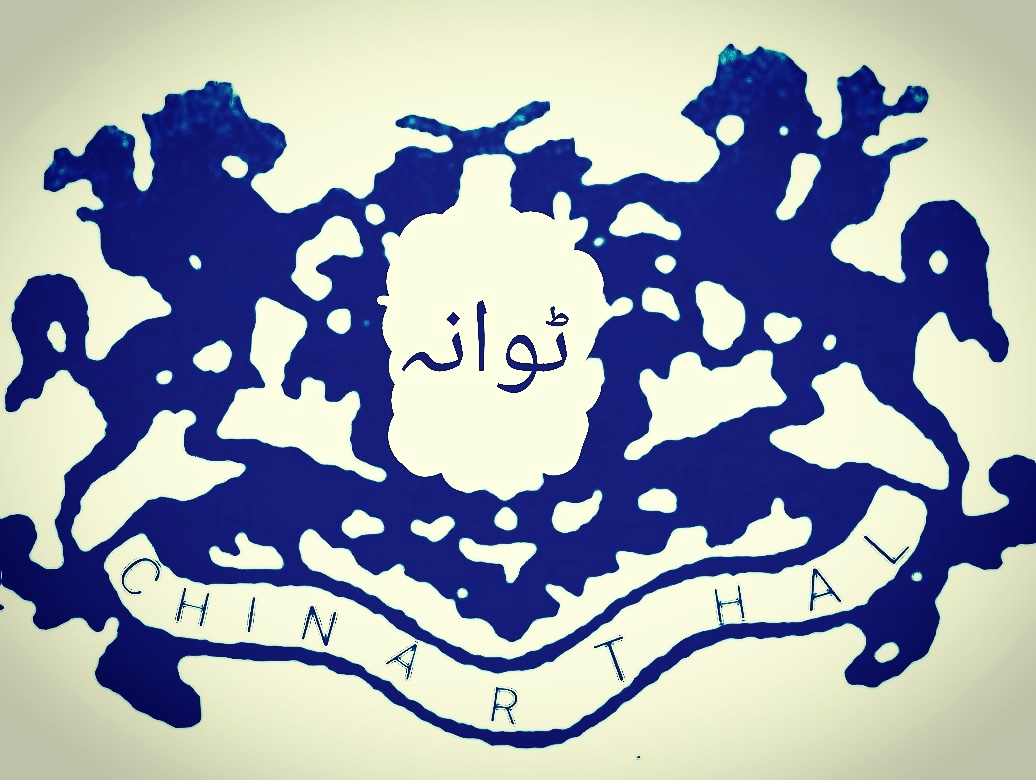History
Chinarthal is the epicenter of Tiwanas of Punjab in India. It can be rightly optimized with Dharanagri of Malwa, where Parmars have very close sentiments attached to it. It will not be any
Exaggeration if we say:
“Chinarthal is for Tiwanas”
“Tiwanas are for Chinarthal”
“Wherever there are Tiwanas, Chinarthal is always near them”
It history goes back to 15th century A.D. In A.D. 1460, Chinarthal founded by Chand Singh. Chand consulted Baba Bhor Nath, the head of sadhus who had been living in the area for a long time. With the advice from Baba Bhor Nath, he struck a thick wooden staff (Mohri) at the spot indicating his possession of the land, which he later on named as Chandsthal (land of Chand) and over time became Chinarthal. After the death of Babur on December 26 in 1530, his elder son Hamayun ascended the throne. As per the records of Patiala State Archives as well the traditions, the Subedar of Sirhind, Aliquili Hamdan Khan fixed his daughters’ marriage in the end of about 1532. He order all the Choudharis (headmen) of villages including Chaudhary Ditt Singh of Chinarthal to send four cartloads of wheat flour as well as a fixed quantity of milk and curd to Sihind on a fixed date and time. In order to comply with the orders, Ditt Singh ordered the pooling of cereals from all the families and asked the village women to grind the flour. It is said that one day when he was on a round of the village to superwise the work allotted to them as a ‘Beggar’*, a lady of Mahilpur village married at Chinarthal taunted him, “You call yourself as Chands’ descendant, what type of Chaudhary are you? See the condition of the village ladies grinding cereals day and night for Mughals of Sirhind”. He took this remark very seriously and ordered this work to be stopped. Instead to flour, Ditt Singh despatched horse dung in sacks and animal urine covered with curd on the top in large pitchers in stead of milk and curd. When this foul play was discovered by the governor, he ordered immediate arrest of Ditt Singh for his flagrant disobedience of the Mughal authority. He was arrested and sent to Delhi with a chargesheet to the emperor Hamayun, where he was executed. This execution sent shock waves not only among the Hindu Tiwana community of Chinarthal but also among the surrounding villages, In order to create a terror of Mughal authority Ditt Singh’s severed head was brought to Sirhind, from where Mughal troops fixed the head on a lance and paraded it in Chinarthal and surrounding villages. Tradition maintains that the head of Ditt Singh fell from the lance at a place, where at present village Dittupur Jattan is situated, which is said to have been founded by his descendants in his memory.
Ditt Singh had three sons, Ganda Singh, Nand Singh and Tirlok Singh (Tiloka). On there names Chinarthal was divided into three sections. These three sections were Nanda Patti, Tiloka Patti, and Gaddo Patti. Ganda Singh had embraced Islam in A.D. 1533. Two Tiwana Muslim Chaudhary descendants of Ganda Singh, Majlas Khan and Wazir Khan, were the prominent chiefs in the Mughal times. A jagir of 84 villages (chief of chaurasi) and custody of seven forts were presented to Chaudhary Tirlok Singh by Mughal Emperor Humayun in 1533.
During the 18th century the Tiwanas of Chinarthal remained in lime light due to the resistance against Mughal oppression in Payal. Balaka Singh Tiwana, the chief of Chaurasi, fought the battle at Sirhind along with Banda Bahadur in A.D. 1710. Banda, at the request of Balaka Singh, provided him a strong detachment of Khalsa army and he killed the Masands of village Ghadani and other tormentors of the Tenth Guru. Later the Chiefs of Tiwana became feudatory to the Maharajas of Patiala. Sardar Sawai Singh, chief of Chinarthal served as the Chief durbari of Patiala durbar and as the Prime Minister during the rule of Maharaja Karam Singh and Maharaja Narinder Singh. Sardar Ram singh served as the Director of Patiala state during the rule of Maharaja Mohinder Singh. Sirdar Sadhu Singh served as the Nazim and first session judge of Patiala state.


